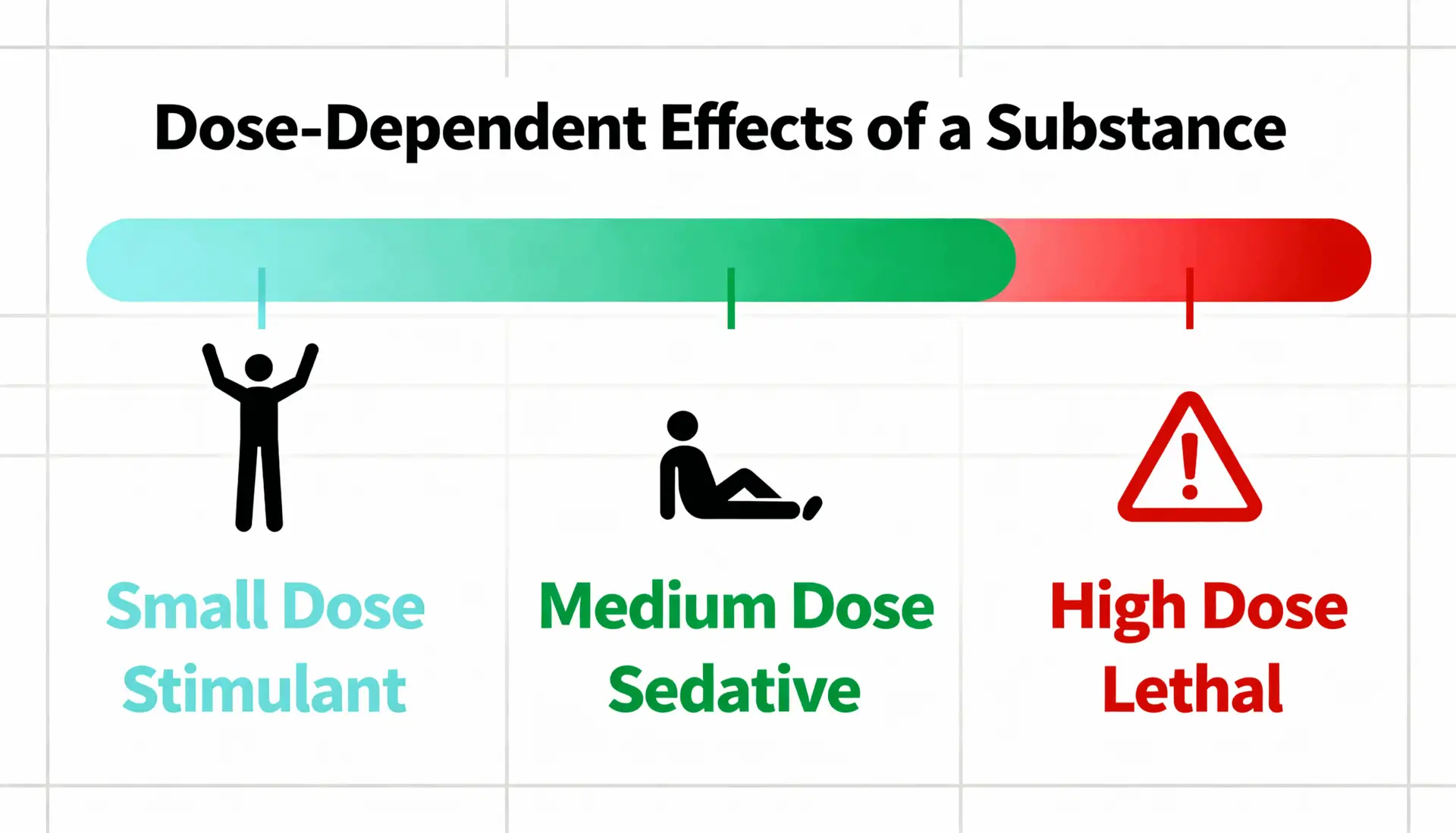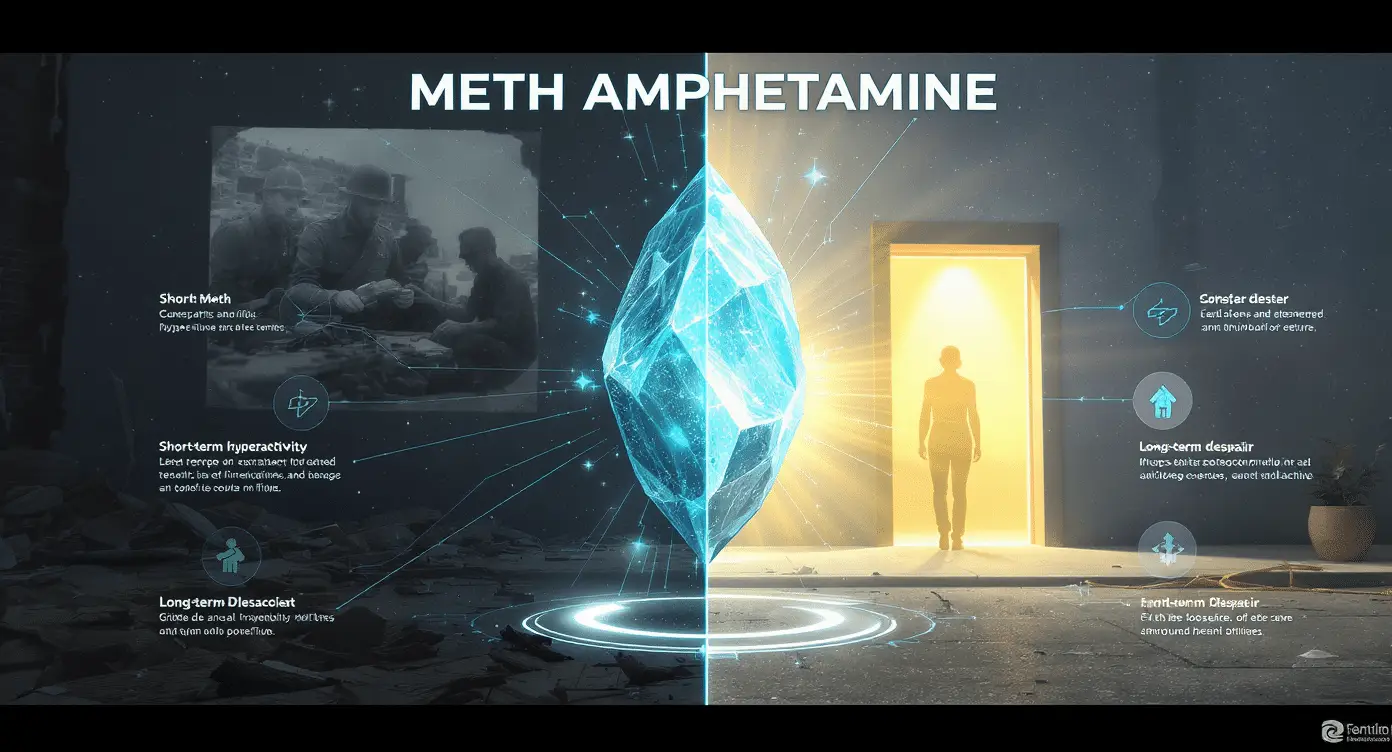How alcohol affects decision-making isn’t always obvious—especially for young people.
At first, casual drinking may seem harmless. It starts at parties, weekends, or with friends. But over time, alcohol slowly influences how people think, act, and make decisions—even when they don’t feel drunk.
Small choices become patterns
Alcohol lowers a person’s ability to assess risk and think clearly. This doesn’t happen all at once. The real danger is in the slow shift.
People begin skipping responsibilities, lying becomes easier, and risky behavior starts to feel normal. These are all signs of how alcohol affects decision-making, especially over time.
What starts as a small habit can lead to a big change in how someone lives their life—without them noticing.
“I’m still in control”… or am I?
One of alcohol’s biggest lies is making people feel like they’re in control.
They still go to work or school. But behind the scenes, priorities fade. Motivation drops. The ability to make clear, long-term decisions weakens.
You don’t have to be addicted to experience this.
In fact, many young people are affected long before they realize how alcohol affects decision-making in their daily life.
The critical years for teens and young adults
This stage of life is when people build identity, set goals, and form habits. Alcohol gets in the way.
It doesn’t just lead to bad nights—it leads to bad decisions that stack up over months and years. And those choices can shape relationships, education, and future success.
Real change starts with awareness
At Narconon, we help individuals recognize how alcohol affects decision-making and guide them toward a new direction.
A drug-free life doesn’t just mean quitting. It means recovering control, responsibility, and the ability to choose well—day after day.
👉 Learn how Narconon helps people take back control
FAQ – Alcohol and Decision-Making
Can alcohol affect your judgment even without being addicted?
Yes. Even occasional drinking can lead to poor decisions over time without clear signs of addiction.
What kind of decisions change when someone drinks often?
Skipping class, lying, or taking unnecessary risks—all become more common, even when someone thinks they’re in control.



